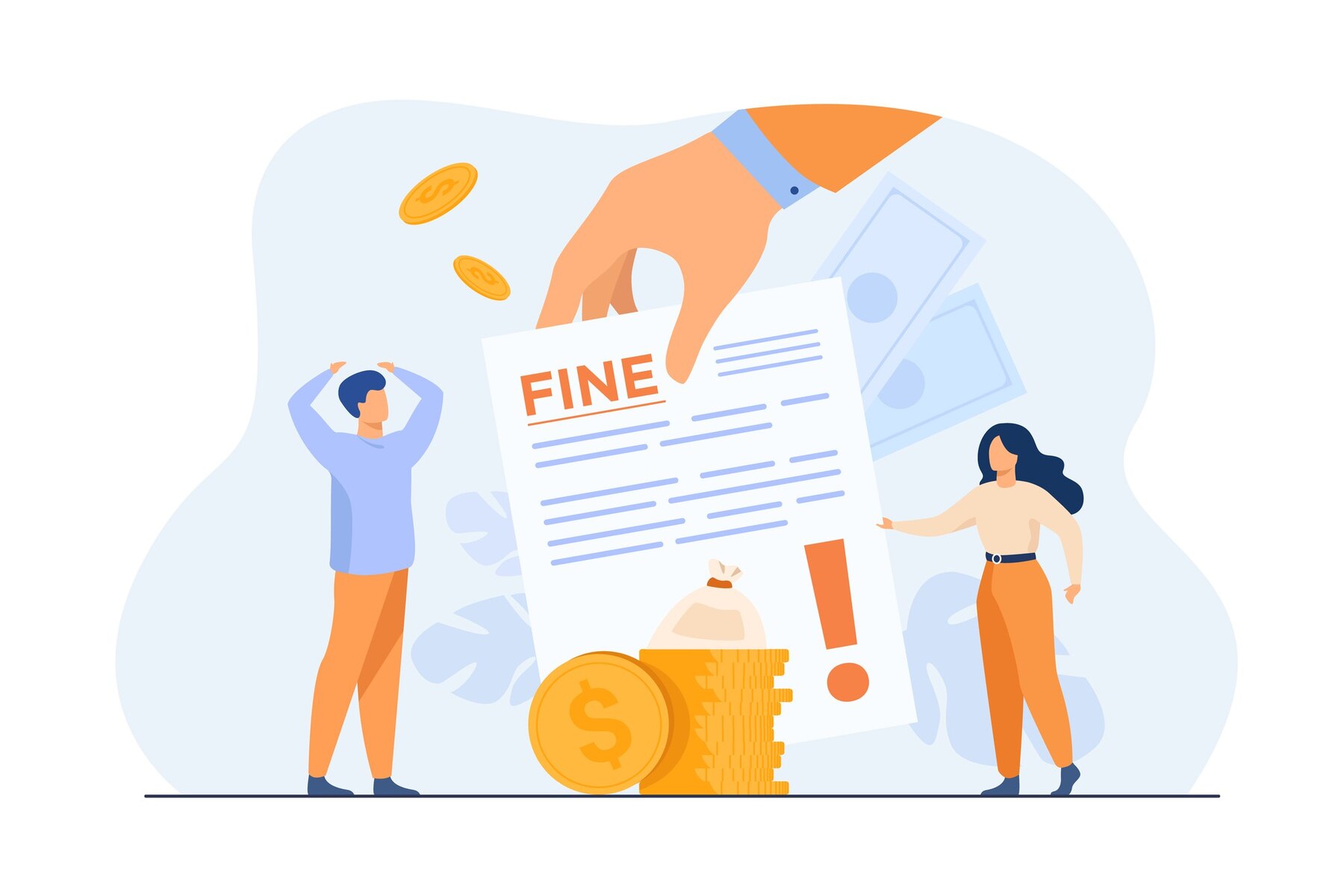On August 20, the National Futures Association (NFA), a regulatory body overseeing the United States derivatives market, concluded a significant enforcement action against the cryptocurrency fund Ikigai Strategic Partners. The fund agreed to settle allegations by paying a $150,000 fine for what was described as an illicit loan involving Bitcoin. This decision is part of broader regulatory efforts following the ripple effects of the cryptocurrency industry’s liquidity crisis triggered by the collapse of the FTX exchange in 2022.
Alleged Violation
According to the NFA, Ikigai Strategic engaged in prohibited financial activities by allowing one of its managed pools to advance assets to an affiliate without proper authorization. Specifically, the fund is accused of loaning approximately $2.5 million worth of Bitcoin to a cryptocurrency exchange to benefit another fund, Ikigai Capital Partners GP LLC, which was also managed by the same principals of Ikigai Strategic, including fund principal Anthony Robert Emtman.
This loan reportedly constituted about 80% of the fund’s assets, valued around $65 million, which were held on the unnamed exchange. The unauthorized transaction led to significant operational issues for Ikigai Strategic, particularly its inability to fulfill redemption requests from its investors.
Consequences and Settlement
As a result of these actions, NFA claims that Ikigai Strategic breached its regulatory responsibilities. The fund’s misuse of Bitcoin as collateral for a $1.3 million line of credit in US Dollar Coin (USDC), extended to Ikigai Capital Partners GP LLC, was highlighted as a critical factor in the regulatory breach. In resolving these allegations, Ikigai and its principal operator chose to pay the fine without admitting or denying the claims made by the NFA.
This incident underscores the NFA’s increasing role in policing the spot cryptocurrency markets. On May 31, prior to this ruling, the NFA issued comprehensive rules aimed at governing the conduct of member firms within these markets. These rules focus extensively on regulating fraudulent and misleading claims, reflecting a growing concern over the integrity of crypto-related financial practices.
Before the establishment of these new regulations, the NFA had over 100 members engaged in activities with digital asset commodities. However, the organization previously lacked a robust framework to address fraud or misconduct effectively, as noted in a February 28 letter from the NFA. The recent rule issuance marks a significant step in closing these regulatory gaps.
The enforcement action against Ikigai Strategic Partners and the subsequent fine highlight the challenges and complexities of regulating the burgeoning crypto market. These developments are critical as they set precedents and provide frameworks for how similar cases might be handled in the future. For the cryptocurrency industry, this serves as a cautionary tale about the importance of compliance with established financial regulations, particularly in a landscape as volatile and scrutinized as crypto.
As the crypto market continues to evolve, both regulatory bodies like the NFA and the entities they oversee will need to navigate the fine line between innovation and compliance. For market participants, understanding and adhering to these regulations will be crucial in fostering a stable and trustworthy financial environment.










